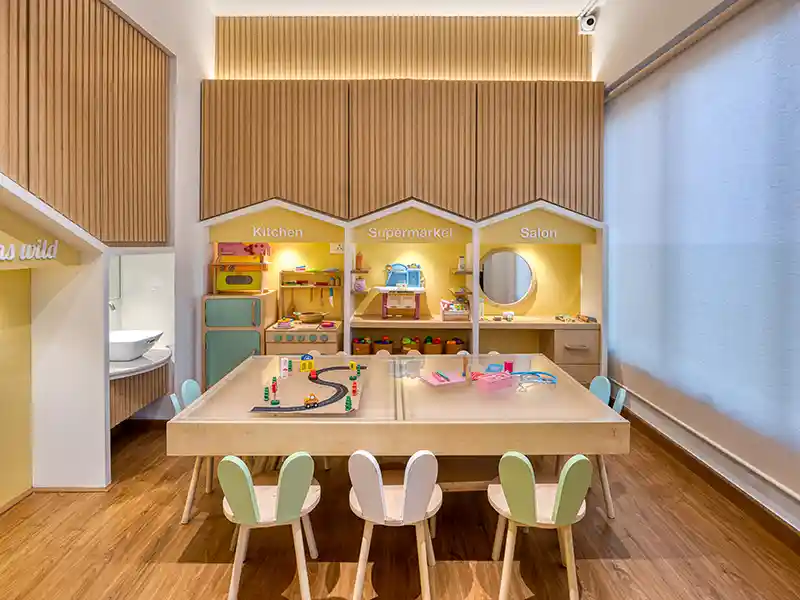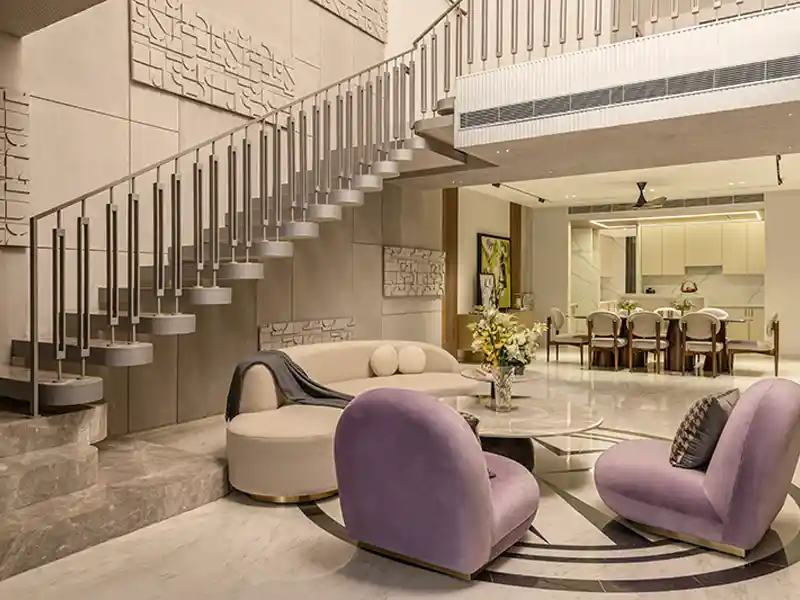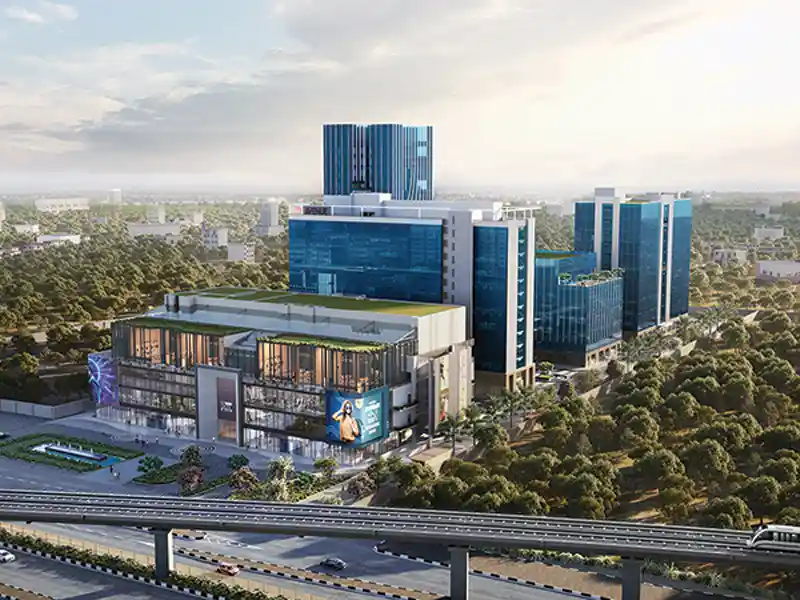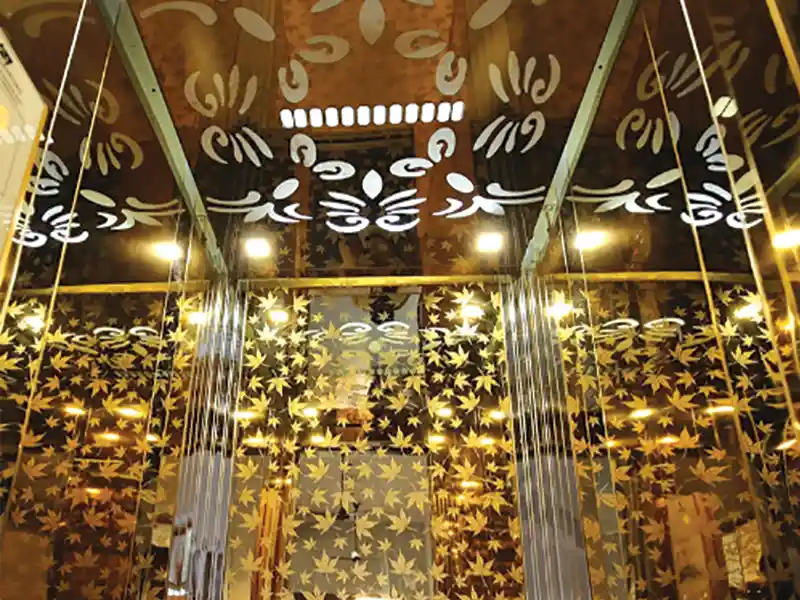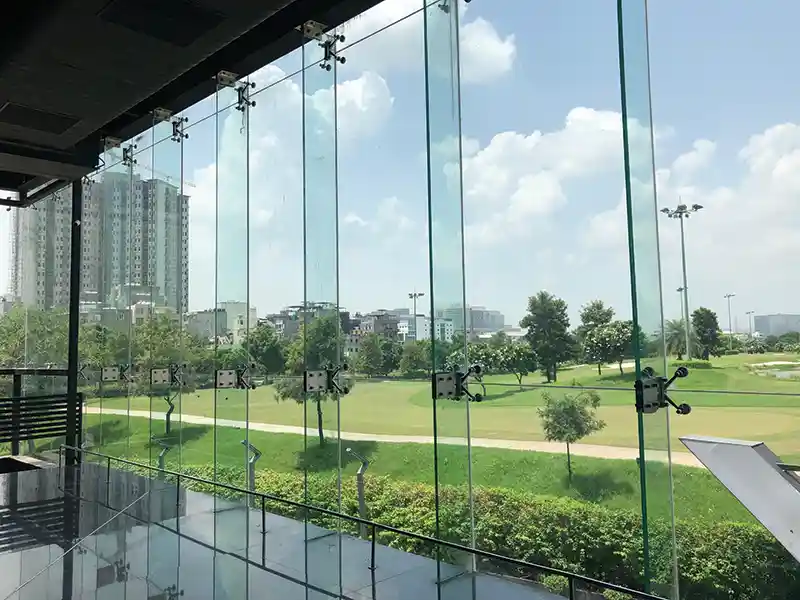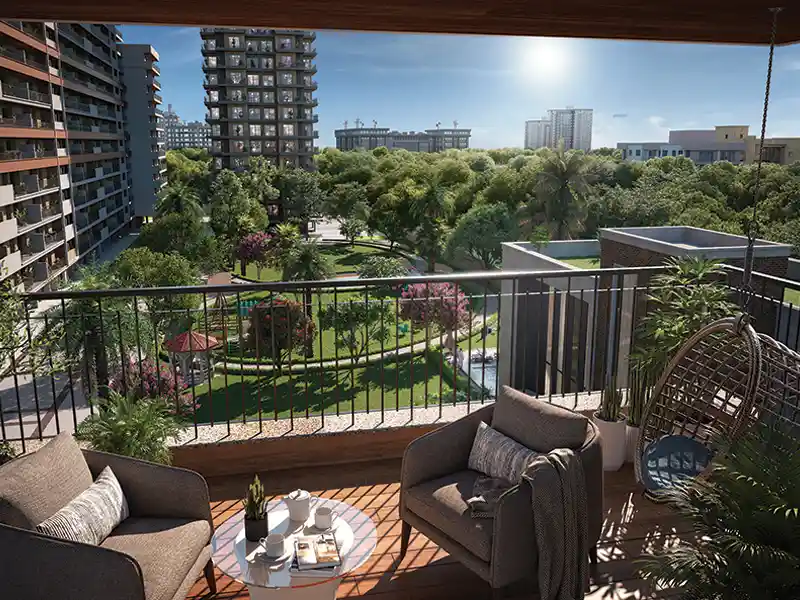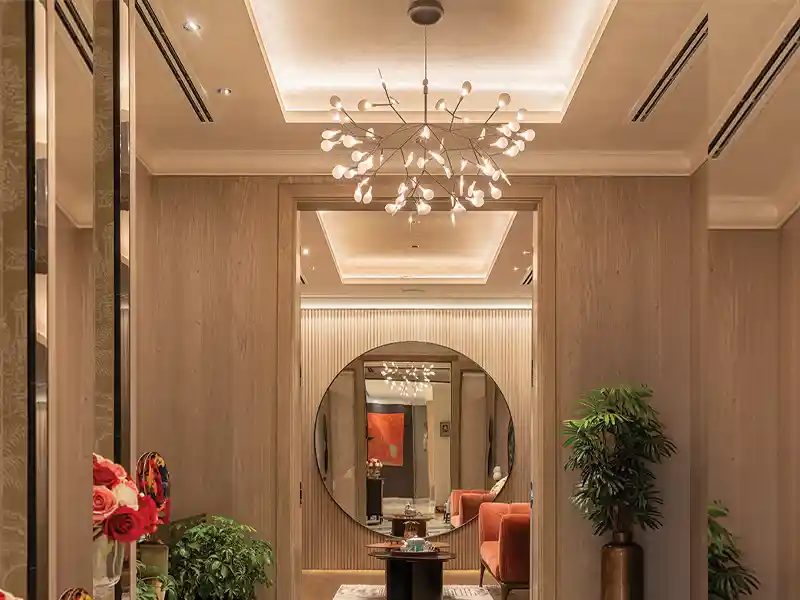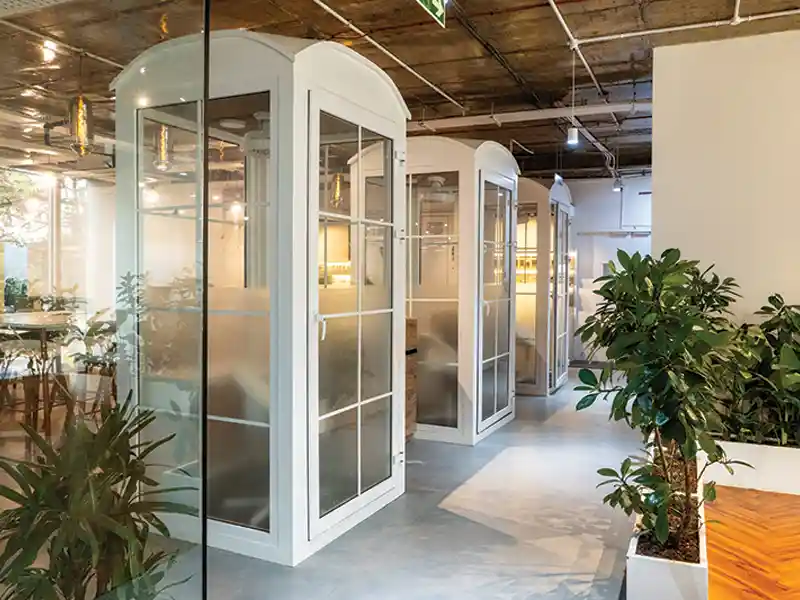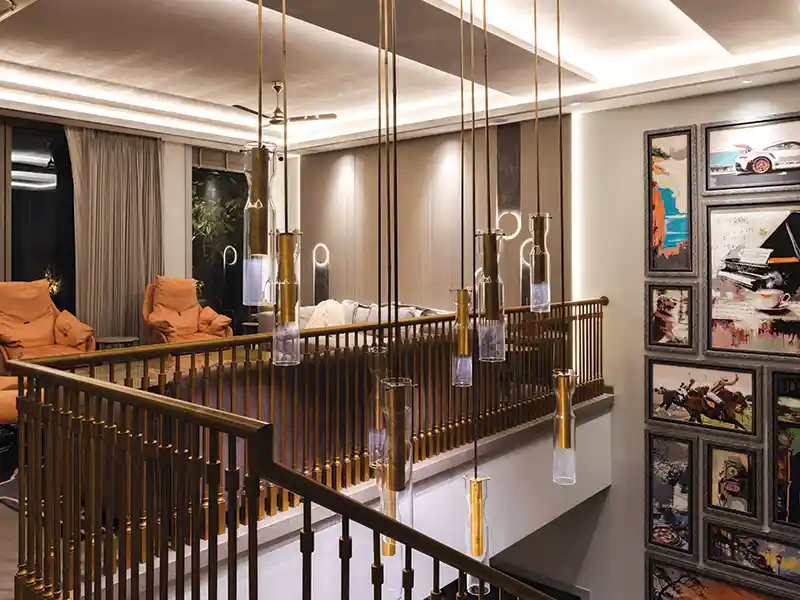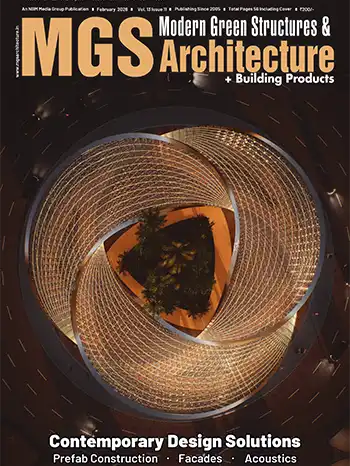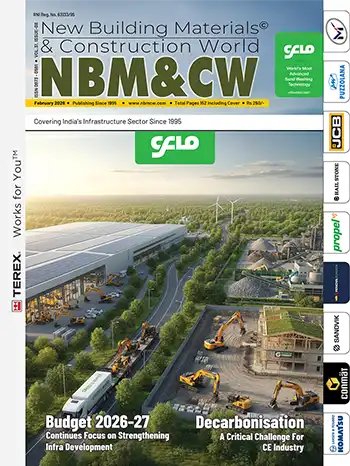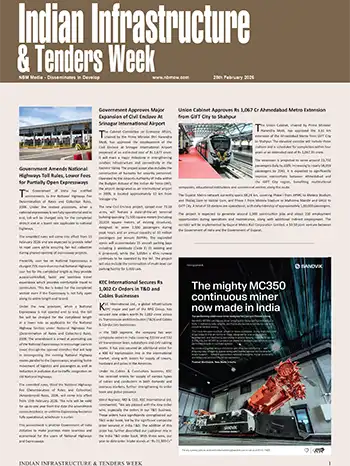Nishant Sinsinwar, Founder & CEO, Projects Makers
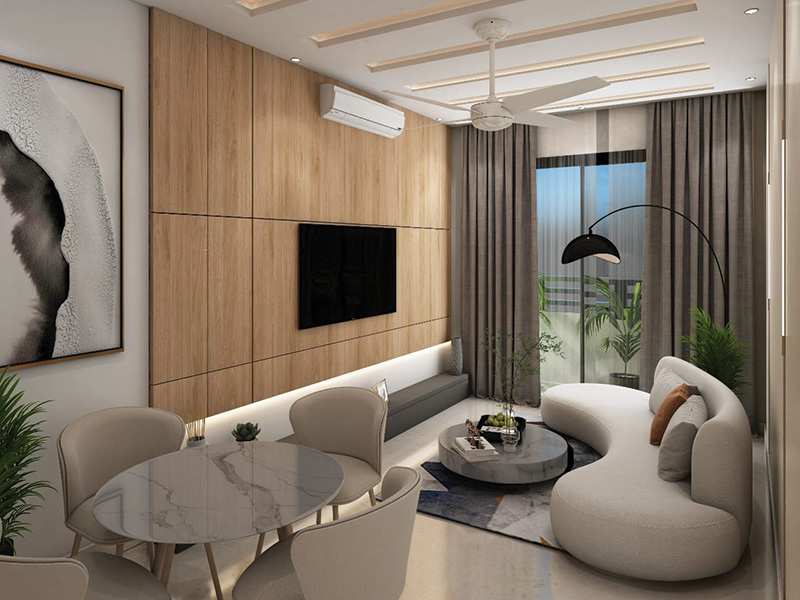
A key player in this evolution is the emergence of virtual interior design startups. These agile companies utilize augmented reality (AR) and virtual reality (VR) to connect designers and clients, fostering collaboration in a virtual space. The struggle to visualize design concepts from blueprints is giving way to immersive and interactive experiences.
These startups are not just transforming the way we design our spaces; they are also democratizing access to professional design expertise. Hiring an interior designer was once considered a luxury for a select few. However, startups are changing this narrative by making professional design advice and services more accessible and inclusive.
The pandemic as an opportunity
The pandemic acted as a golden opportunity for the rapid adoption of virtual interior design consultations. What started as a necessity became an opportunity for startups to showcase the adaptability of their services. As the world adapted to remote work, the demand for digital solutions, including virtual design, surged.The appeal of virtual consultations extends beyond pandemic circumstances. It aligns with the modern consumer’s desire for convenience and efficiency. People no longer wish to spend hours commuting to design studios; they seek solutions that seamlessly integrate into their busy lives. Virtual consultations allow connecting with a designer conveniently, eliminating the need for physical proximity.
The virtual interior design revolution is here, and it’s transforming the way we envision and inhabit our spaces. With continued innovation and a commitment to user-centric design, startups are paving the way for a more connected, sustainable, and creatively fulfilling future in interior design.
Nishant Sinsinwar
The client-designer relationship
The collaborative nature of virtual consultations enhances the client-designer relationship. It’s no longer a one-time visit; it’s an ongoing conversation. Clients can provide instant feedback, ask questions in real time, and witness the transformation of their space step by step. This level of engagement fosters a sense of ownership and satisfaction, turning clients into active participants in the design journey.As startups continue to redefine virtual interior design consultations, the industry is undergoing a noteworthy shift. The focus is not solely on the final aesthetic outcome but on the experience of co-creating a living space. It’s about empowering individuals to be part of the design process, making it a collaborative venture rather than a transactional service.
The essence of design: more inclusive and collaborative
In a nutshell, the evolution of virtual interior design consultations is not just about embracing technology; it’s about reshaping the essence of design. Startups are breaking geographical barriers and challenging the notion that professional design expertise is a luxury. The future of interior design is becoming more inclusive and collaborative, with startups leading the way in making dream spaces accessible to everyone.Challenges and opportunities ahead
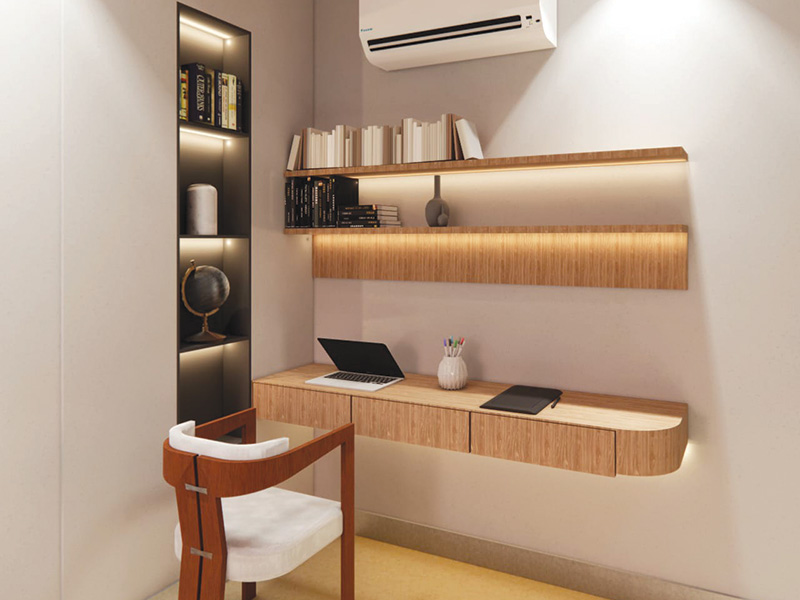
Startups must also consider the environmental impact of virtual consultations. By reducing the need for physical travel and in-person meetings, these digital solutions contribute to a more sustainable approach to design. The carbon footprint associated with traditional design processes is significantly diminished, aligning with the growing global awareness of the need for eco-friendly practices.
Future landscape of virtual interior design
As we step into the new year, the landscape of virtual interior design is poised for further innovation. Startups are likely to explore advanced technologies such as artificial intelligence (AI) to enhance the personalization of design recommendations. AI algorithms can analyze user preferences, lifestyles, and cultural influences to provide tailor-made suggestions, further enriching the collaborative design experience.Moreover, the integration of e-commerce functionalities within virtual design platforms is an avenue that startups are actively exploring. This evolution enables clients to seamlessly purchase recommended furniture and decor directly through the virtual interface, streamlining the entire design-to-purchase process.
Community building and knowledge sharing
Another intriguing aspect of the virtual design revolution is the potential for community building and knowledge sharing. Startups could establish online communities where design enthusiasts, clients, and professionals come together to exchange ideas, tips, and inspiration. This collaborative space transcends the traditional client-designer relationship, fostering a sense of belonging and shared passion for design.In this virtual realm, design education could also become more accessible. Startups might offer virtual workshops, webinars, and tutorials, empowering individuals to develop their design skills. The democratization of design knowledge aligns with the broader theme of inclusivity, ensuring that everyone has the tools to actively participate in shaping their living spaces.
Designing the future
The fusion of technology and creativity in virtual interior design consultations is not just a trend; it’s the start of a new era. Startups are at the forefront, challenging traditional norms and making design expertise accessible to a broader audience. The collaborative and immersive nature of these virtual experiences not only meets the demands of a modern, fast-paced lifestyle but also enhances the joy and satisfaction derived from creating personalized living spaces.As we embrace this new era in interior design, it’s evident that startups are not just breaking boundaries; they are designing the future – a future where design is inclusive, collaborative, and seamlessly integrated into the fabric of our daily lives.


